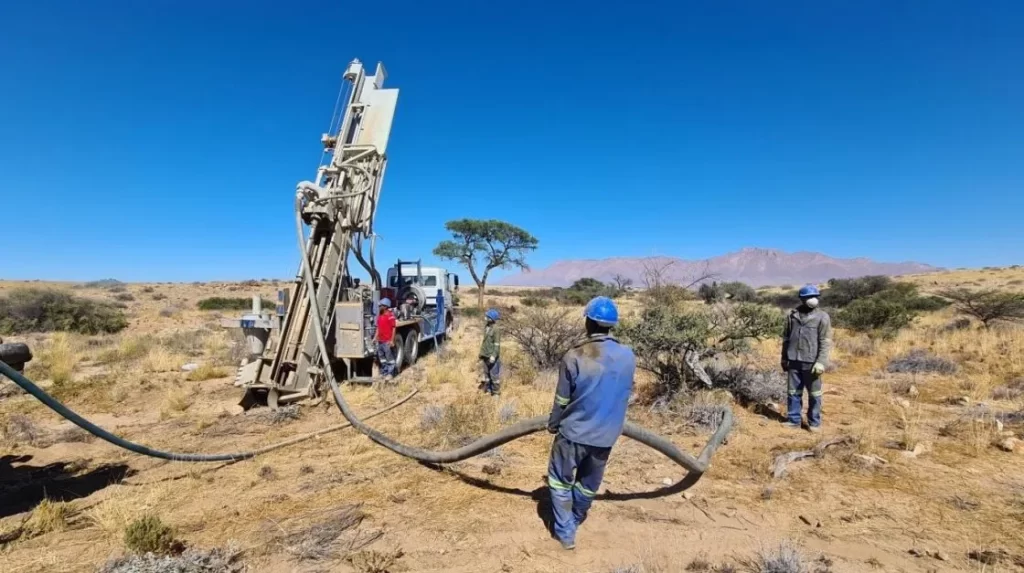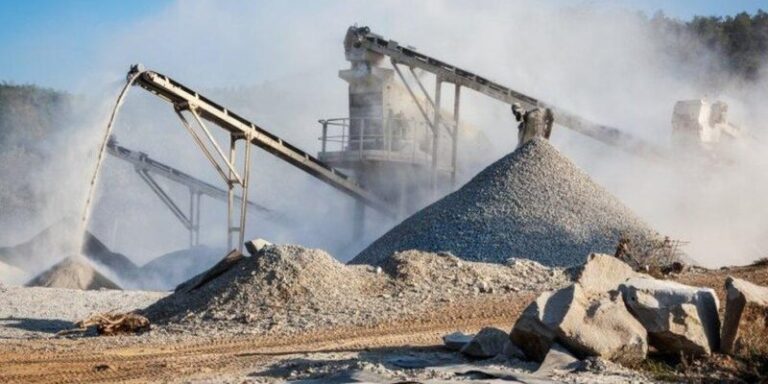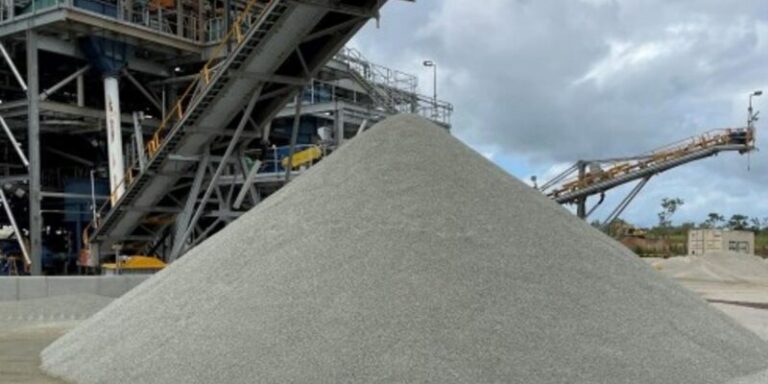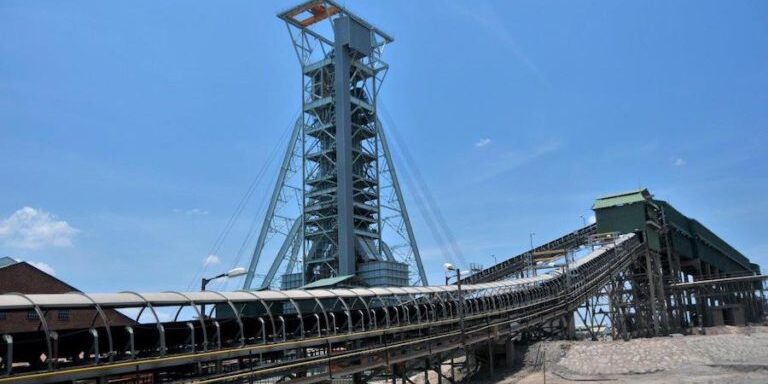
Lepidico is targeting 2025 to begin site works and mining operations at its Karibib Lithium Project, which involves the re-development of the historic Rubicon and Helikon mines.
The lithium concentrate from these deposits is expected to grade between 2.5% and 3.5% Li₂O over the life of the mine, with an estimated average of over 3.0% Li₂O for the first five years.
In its September 2024 financial report, Lepidico highlighted its goal to secure a strategic partner and financing for the project by the end of 2024.
The company is also working toward finalizing a binding concentrate offtake agreement with a U.S. trading company, which has been marketing Karibib material since April 2023.
Interest in Karibib’s lithium concentrate has been strong, with additional unsolicited offers from other trading companies.
Lepidico previously signed a binding offtake agreement with Traxys Europe SA in December 2021. Under this agreement, Traxys will handle the sales, marketing, logistics, and trade finance for 100% of the lithium hydroxide produced during the first seven years of operation, totaling up to 35,000 tons.
Traxys is also managing 100% of the caesium sulphate solution produced at Lepidico’s Khalifa Economic Zones Abu Dhabi (KEZAD) chemical plant.
The company continues to collaborate with Traxys to place lithium hydroxide from the KEZAD Phase 1 plant under mutually beneficial and sustainable terms, while managing price risk throughout the market cycle.
However, offtake negotiations have slowed due to ongoing weakness in lithium prices, with many buyers delaying new commitments.
Lepidico is also working on initiatives to refine and develop caesium chemicals in partnership with a leading chemical company.
Additionally, the company is collaborating with a top research university to explore rubidium’s potential as a substitute for caesium in specific industrial applications.
Lepidico holds Letters of Intent from customers in the UAE for volumes exceeding the projected production of amorphous silica, SOP, and gypsum-rich residue from the Karibib Project.
The project’s capital expenditure estimate has decreased to under $50 million, with a 20% contingency on owner’s costs, down from a previous estimate of $63 million.
Despite a modest 4% increase in unit operating costs, the average annual operating expenses for the first five years are expected to be $319/ton free on board (FOB) and $392/ton cost, insurance, and freight (CIF) for a 3.0% Li₂O concentrate.
In addition, Lepidico has submitted a preliminary application for grant funding under the U.S. Industrial Base Analysis and Sustainment (IBAS) Program to support the sustainable production of critical minerals.
This initiative focuses on developing caesium and rubidium chemical production capabilities in the U.S., Canada, or the UK.
Both caesium and rubidium are classified as critical minerals by the U.S., with current supply predominantly coming from countries of concern.





